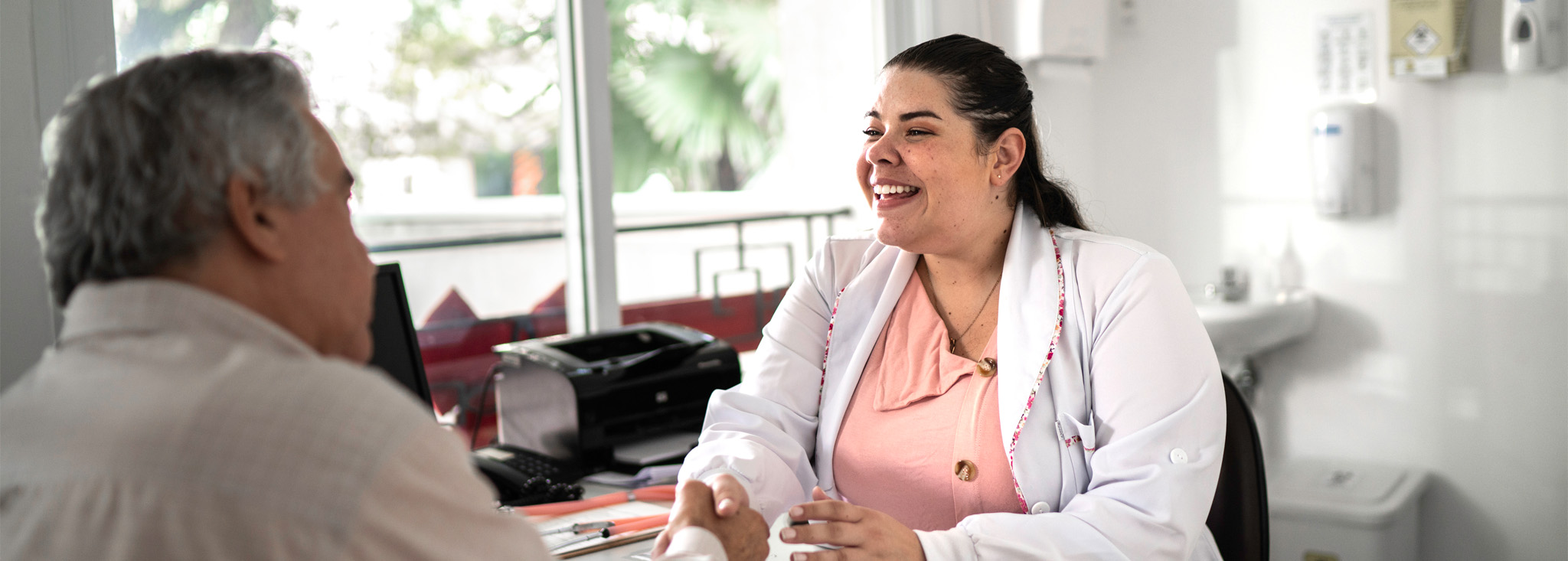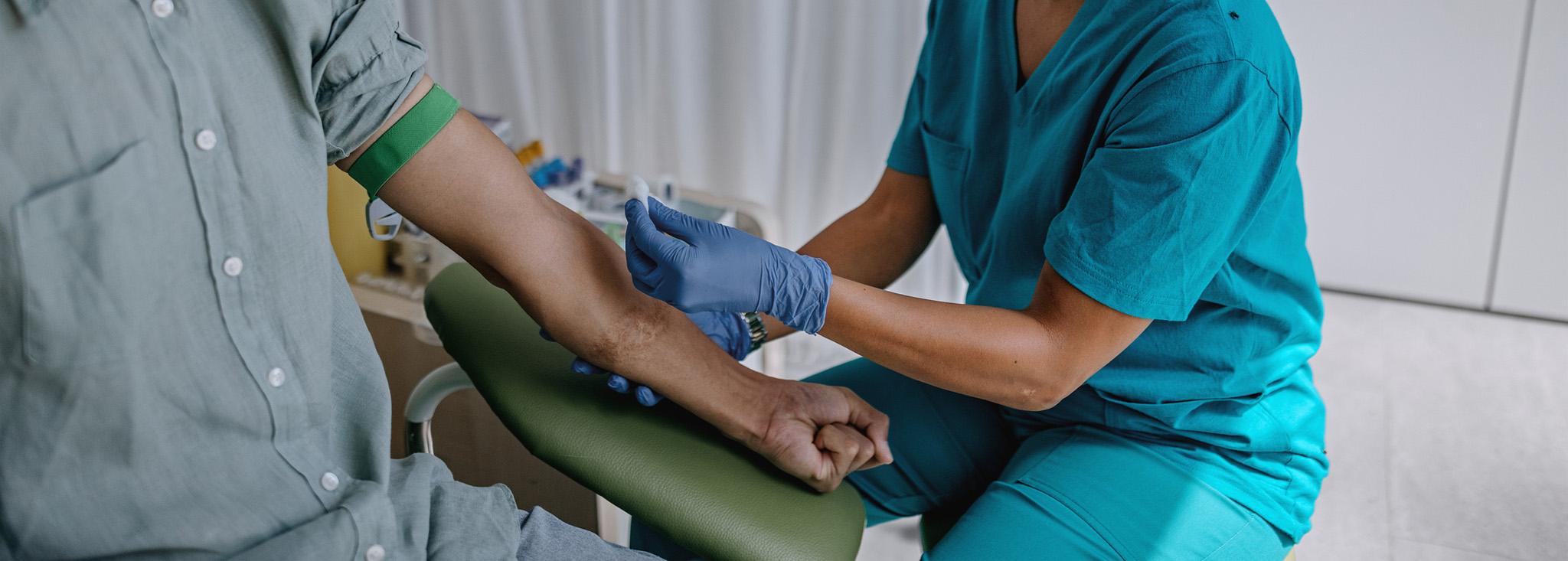Heart Attacks and Type 2 Diabetes
Written by: Mariana Gómez
3 minute read
May 15, 2019
Adults with diabetes are nearly twice as likely to die from heart disease or stroke. Learn more about the risks of heart disease and Type 2 diabetes.
As we know now, high blood glucose levels can damage your blood vessels and nerves. People with diabetes tend to develop heart disease at a younger age than people without diabetes. In adults with diabetes, the most common causes of death are heart disease and stroke. Adults with diabetes are nearly twice as likely to die from heart disease or stroke as people without diabetes according to several studies and publications, and according to the American Heart Association, 68 percent of adults with diabetes 65 and older die from some form of heart disease. Black/African-Americans, Hispanics, Asians, Native Americans and other minority groups are more likely to have diabetes and heart disease. In Black women, in particular, 49 percent over the age of 20 have heart disease and 50,000 dies every year from cardiovascular disease. For Hispanic women, only one in three are aware heart disease is their number one killer. Heart disease remains the number one cause of death worldwide. Men are also more likely to have a heart attack earlier than women, however, heart disease is still the leading cause of death in women. Risk factors for heart disease include:
- Obesity/Overweight
- Smoking + alcohol usage
- Hypertension/High blood pressure
- Coronary artery disease
- Poor diet
- Diabetes
- Sedentary lifestyle
- High cholesterol
- Family history
- Increasing age
How a Heart Attack Occurs
According to The Heart and Stroke Foundation in Canada, a heart attack occurs when blood flow to a section of the heart becomes blocked and the heart muscle can’t get oxygen. Depending on how long the blood supply is cut off, the damage can be mild, severe or cause lifelong problems. In some cases, a heart attack can be fatal.
Recognizing the Symptoms of a Heart Attack
The American Heart Association lists risks for a heart attack, which vary and that in some cases not all of them will be recognizable. If you believe you or a loved one is having a heart attack, call 911.
- Chest discomfort. Most heart attacks involve discomfort in the center of the chest that lasts more than a few minutes or it may go away and then return. It can feel like uncomfortable pressure, squeezing, fullness, or pain.
- Discomfort in other areas of the upper body. Symptoms can include pain or discomfort in one or both arms, the back, neck, jaw or stomach.
- Shortness of breath. This can occur with or without chest discomfort.
- Other signs. Other possible signs include breaking out in a cold sweat, nausea or lightheadedness.
What to Do If You or a Loved One Experience Symptoms or Having a Heart Attack
Call for Help. Call 911 immediately. If you can’t do it, alert a loved one to call for emergency help.
If You’re Feeling the Symptoms:
Stop Your Activity. Stop whatever you’re doing, call for help, or see a doctor. If you’re driving, park your car in a safe place + call for transportation.
Take an aspirin. Take an aspirin in you aren’t allergic. Do not take one if your doctor has told you not to.
At the end of the day, our cardiovascular health is too important to not act quickly when something is wrong. Get help straight away if you think you or another person is having a heart attack. Heart attacks can be sudden, intense and fatal. Part of promoting cardiovascular health is exercising regularly and eating a heart-healthy diet, which includes managing diabetes to reduce your risk of having heart disease, stroke, or heart attack. If you want tips on which heart-healthy diets may work for you, check out the DASH and Mediterranean Diets. If you’re new to exercise, our Type 2 basic exercise guide is a great place to start.

Author
Mariana Gómez
Mariana is a diabetes educator and a licensed psychologist. In 2008, Mariana started a blog where she shares her experiences and diabetes knowledge with others and she began being an active advocate through social media. She is considered a diabetes influencer in Latin America and has participated in several conferences, events and TV shows dedicated to diabetes education in the last years. She is a proud mother of teenager.




